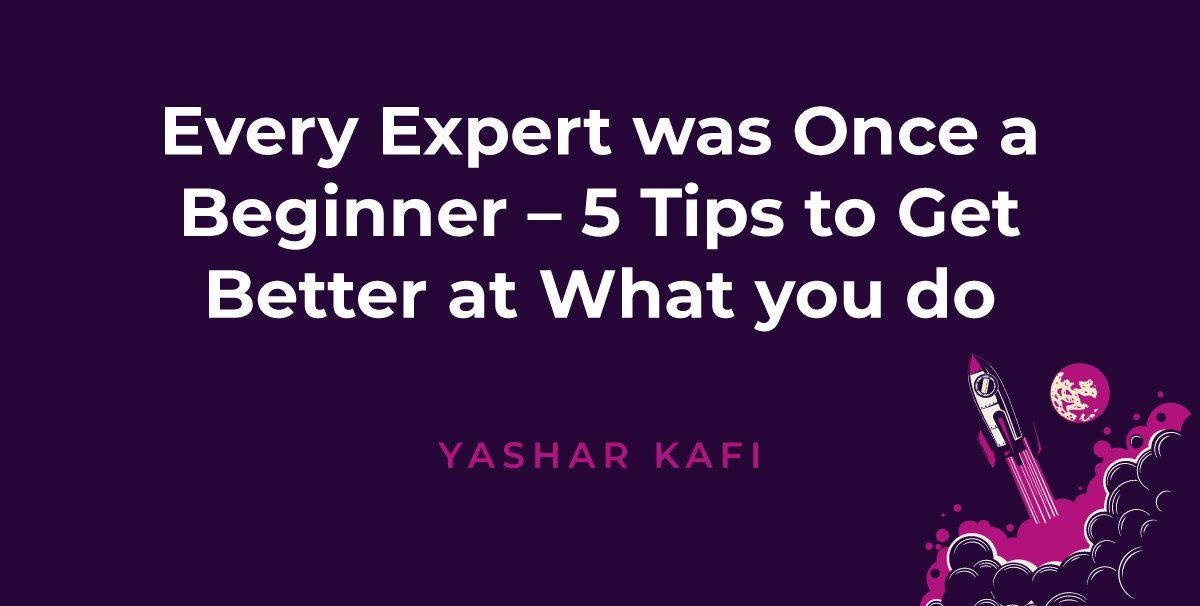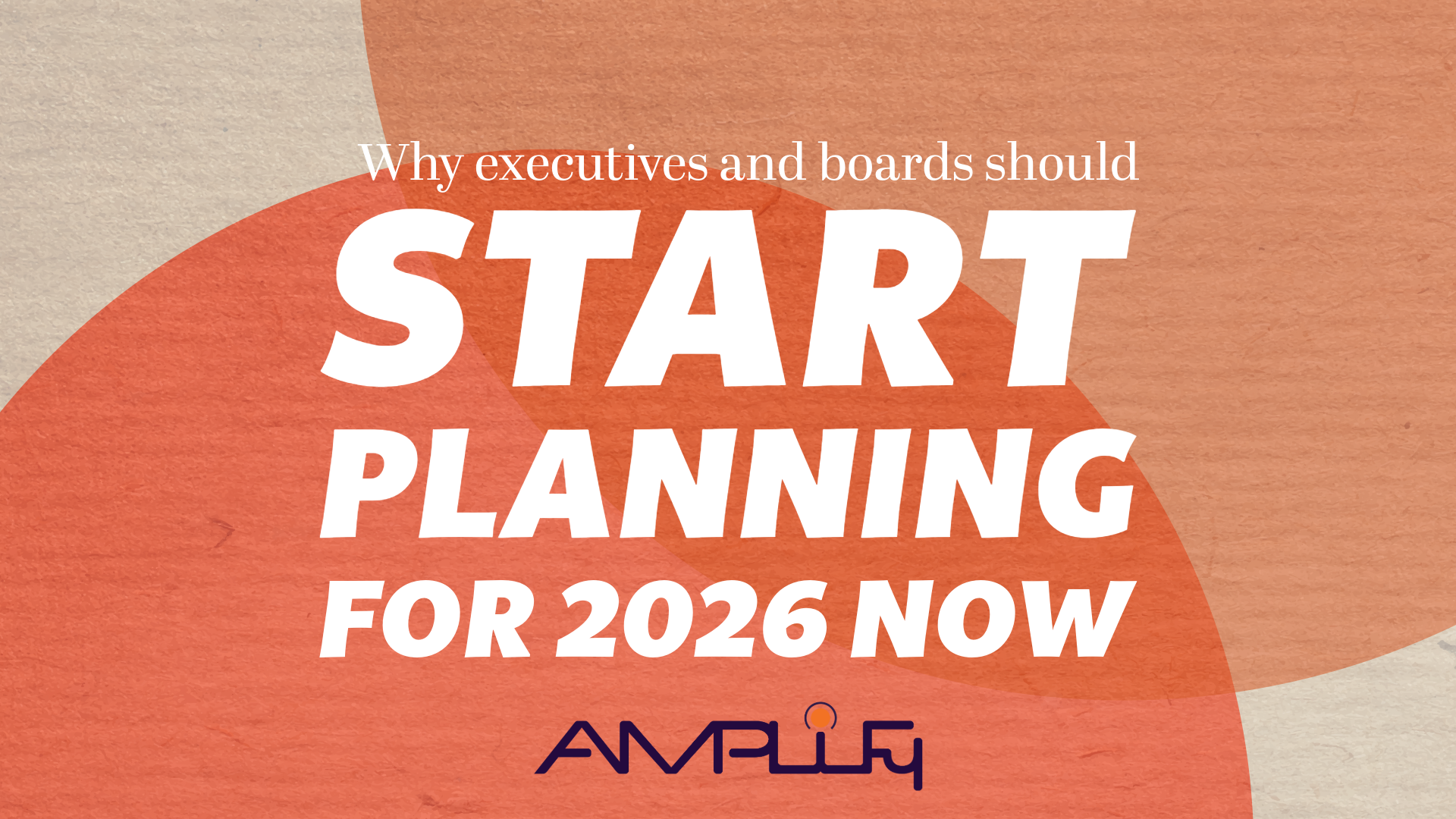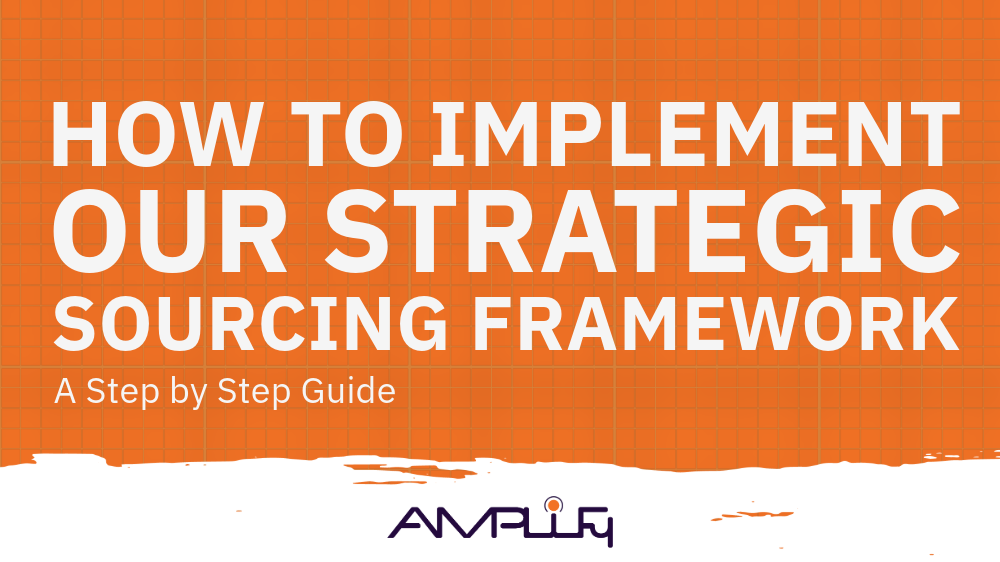Every Expert was Once a Beginner – 5 Tips to Get Better at What you do
There’s a great quote Emmy, Grammy, Oscar and Tony Award winner Helen Hayes. As Hayes put it: “Every expert was once a beginner.”
Why do I love this quote so much? It is an excellent – and often needed – reminder of several things for me, the most important being a reminder that if every beginner gave up when things got hard, we would never have any experts in our world to serve as examples and mentor the next generation following them.
It also reminds me that I am not “supposed” to be perfect – or even a pro – at whatever I am setting my mind to excelling at right off the bat. After all, we are all human last time I checked, and while we may have natural skills and aptitudes that lend themselves to our succeeding, it still takes work, dedication, and learning to become better, and better, and better.
I mean, even Michael Jordan didn´t come out of the womb nailing jump shots with nothing but net, and I’m sure Helen had an acting lesson or two before winning that Tony…
That being said, I wanted to use this space to share five tips I read about to help you get better at what you do, starting right where you are TODAY.
Tip One – Always Keep Learning
It is vital that you adopt the mindset right now that you will never ever stop learning. Why? Because there is always room for improvement and growth. As you are striving to further your education and hone your skills, a few things will serve you well.
- Ask questions from experts and those who know more than you.
- Read books written by authors who are experts in the area you are seeking to excel within.
- When in doubt, Google that s***.
- Say yes to Youtube.
Another excellent rule of thumb is to focus on becoming an expert in the things that you have a natural curiosity for. That way when it gets frustrating, you’ll be able to power through and not give up because you genuinely want to master whatever you’re focusing on. Also, a great practice to get into is setting aside a specific time every day for learning (think of it almost like going to school), and this is the most important part, stick to it. It helps me to even make it “official” by blocking off an hour in my actual calendar, just like I would an appointment with a client.
Tip Two – Surround Yourself with Skilled People
You’ve heard the saying “you are the company you keep,” which points to the extreme importance and influence that those you surround yourself with have on you. So, knowing this, imagine if you surrounded yourself only with people who NEVER say can’t or won’t.
Bonus points come when you find these types of people who also happen to be good at what you want to do (via networking, etc). Don’t be ashamed or timid. Dive into discussions with these folks and pick their brains about how they became successful.
And then? Do as they did! Simple as that! As you do this, however, it is important to also think of what you have to offer to the relationship. Don’t just be a taker, sponging up their expertise.
Tip Three – When Discouraged, Break Your Ultimate Goal into Manageable Pieces
Just like no one is born an expert, they also don’t become one overnight. It takes time, and during this time, it isn’t uncommon that you will face discouragement and overwhelm. This is when breaking things down into smaller goals can really save the day—and your sanity.
Set yourself up for success by tackling manageable mile markers on your road to success. This will require taking a look at your time management, ensuring that it is on track and fit for your needs and purposes. Author Brendon Burchard said it best when he explained that “Time management is ultimately about working a vision backwards into strategic and scheduled chunks of time and tasks.”
Tip Four – Find an Accountability Buddy
While not everyone always loves the idea of “answering to” someone else, history has proven time and again that having someone in your sphere that checks up on you and “keeps you honest” and on the right road is a key ingredient to excelling and meeting your goals. We see it everywhere, from personal trainers hired to help us meet our fitness goals to people in AA enlisting a buddy to aid them in staying sober. Find someone to help keep you honest and on track.
Tip Five – Dedication, Discipline, Determination
I often explain this dynamite trio as the “three tools in your toolbelt that can help you overcome anything.” I must confess, I got this idea from a mantra adopted by the world’s oldest body builder, Ernestine Shepard, who at 81 years old is in better condition than most people. And her magic formula?
According to her, the secret recipe consists of these three ingredients to stay in the best health possible. So, what is dedication? Simple. Make it a priority and “dedicate” yourself to your goal. And Discipline? That simply means you are lending every effort to achieving your goal. You are actively putting in the work, no excuses, and no compromises. Determination? Well, that is the basis of it all and what I most want to stress to you (a proper ending to the article)… Keep going, and never give up.




